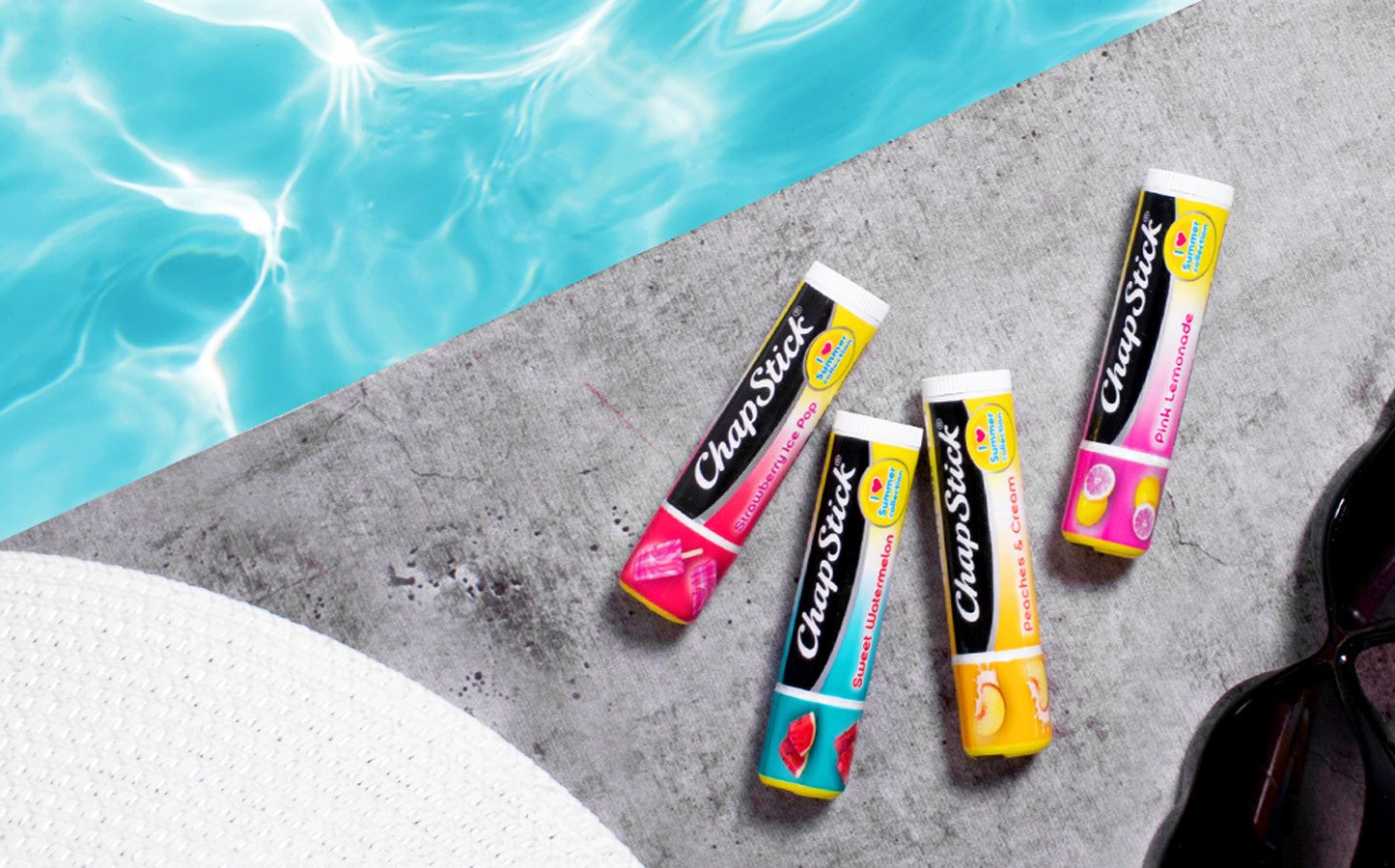
Brace yourselves: cold weather is approaching. The last moments of sweater weather are fading away, and puffy down jacket season is on the horizon. The first feel of bitterly cold wind means it's time to break out every article of warm clothing that's been stored away for the last few months, including the fuzziest pair of socks you own and your favorite knit scarf.
You've piled on layers and layers of your warmest garments to ensure that you're not letting a single gust of cold winter air make contact with your skin. But despite how protected you are, your lips still end up feeling dry and chapped after being exposed to the cold. Even after applying your trusted lip balm, the pain from the dryness on your lips is not going away. Thankfully, medicated lip balms can be a great solution for your lips when they have to brave the cold weather.
What is Medicated Lip Balm?
You may have heard of medicated lip balms or seen them next to regular lip balms in stores. We know that giving your lips a swipe of lip balm every now and then keeps them feeling moisturized, but what makes medicated lip balm different from cosmetic lip balm? Do medicated lip balms have special qualities that lip balms alone don't have? Every medicated lip balm has a different purpose based on its ingredients, but they are generally used to soothe and smoothen lips that have been exposed to the driest climates. The short answer is, medicated lip balms are made with specialized ingredients to treat specific conditions caused by dry air. What those specialized ingredients are depends on the type of medicated lip balm. Now, let's talk about ChapStick Classic Medicated lip balm and how it can treat your lips when winter weather approaches.
ChapStick Classic Medicated Ingredients
It's important to give your lips plenty of care and attention, especially since cold, dry weather can cause them to look cracked and dried out. The skin is the body's largest organ so it's important to take care of every part of it, including something as small as your lips. 1 That's why ChapStick Classic Medicated lip balm is made with ingredients to treat your lips in more ways than one. Let's breakdown the ingredients and see how ChapStick Classic Medicated is different from cosmetic lip balms.
External Analgesic Ingredients
Two active ingredients in ChapStick Classic Medicated lip balm are included for external analgesic purposes. The external analgesic ingredients in ChapStick Classic Medicated can be used to temporarily relieve pain associated with fever blisters and cold sores, as well as pain from dry, cracking lips.
Camphor and Menthol
The two external analgesic ingredients in ChapStick Classic Medicated lip balm are camphor and menthol. Each ingredient is present in small amounts (Camphor 1%, Menthol 0.6%) to temporarily relieve pain associated with cold sores and fever blisters. In addition to treating irritated lips and skin, menthol also gives the lip balm a cool, minty taste. 2
Petrolatum
ChapStick Classic Medicated lip balm also contains 41% petrolatum as a skin protectant. Petrolatum (or petroleum jelly) is a great way to relieve dry skin on lips, help injured skin heal, prevent chafing and rehydrate skin. 1 Petroleum jelly in this lip balm can help keep minor wounds from cracked lips moist to prevent them from drying out, while keeping lips moisturized to prevent painful irritation from occurring. 1 With ChapStick Classic Medicated lip balm, you'll be ready for any predicaments that the cold winter winds will throw at your lips. Applying this lip balm will give you temporary pain relief and moisturization so you can keep smiling with ease. Find more information and tips about lip care on the ChapStick Blog, including articles such as the differences between hydrating vs moisturizing .
Source Citations:
1. 5 ways to use petroleum jelly for skin care. American Academy of Dermatology. https://www.aad.org/news/petroleum-jelly-for-skin-care. Accessed 10/6/2021.
2. Menthol. Know Your OTCs. https://www.knowyourotcs.org/ingredient/menthol/ Accessed 10/6/2021.

